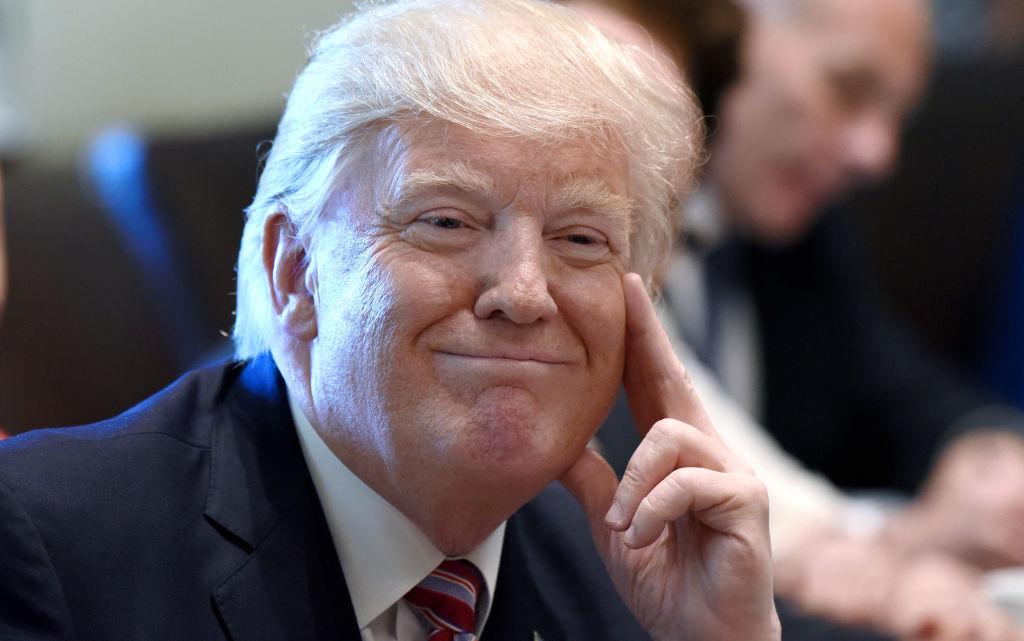Powerful people act as if they’ve suffered a traumatic brain injury, find scientists
They lose the skills they needed to gain power in the first place, research suggests

Your support helps us to tell the story
From reproductive rights to climate change to Big Tech, The Independent is on the ground when the story is developing. Whether it's investigating the financials of Elon Musk's pro-Trump PAC or producing our latest documentary, 'The A Word', which shines a light on the American women fighting for reproductive rights, we know how important it is to parse out the facts from the messaging.
At such a critical moment in US history, we need reporters on the ground. Your donation allows us to keep sending journalists to speak to both sides of the story.
The Independent is trusted by Americans across the entire political spectrum. And unlike many other quality news outlets, we choose not to lock Americans out of our reporting and analysis with paywalls. We believe quality journalism should be available to everyone, paid for by those who can afford it.
Your support makes all the difference.Power, people say, can go to your head.
We’ve all seen it happen, and it turns out there’s scientific evidence to back the idea up too - the most powerful amongst us may have what is known in medicine as “functional” changes to the brain.
According to Dacher Keltner, a psychology professor at UC Berkeley, powerful people act as if they’ve suffered a traumatic brain injury.
Having studied his subjects for two decades, he reached the conclusion that power made them less aware of risks, more impulsive and less able to empathise with other.
And Keltner isn’t the only scientist to reach such a conclusion.
According to Sukhvinder Obhi, a neuroscientist at McMaster University, the specific skill powerful people lack is called “mirroring,” which is crucial for empathy. This ability to mirror is anaesthetised.
In order to gain power, being able to see situations from others’ points of view is crucial, yet people seem to lose this ability once they become powerful - it’s known as the “power paradox.”
President Donald Trump, for example, has been criticised for lacking empathy by many. One such case in point, some argue, could be his politically-charged and often self-centred responses to tragedies such as shootings and terrorist attacks.
Further studies have drawn the conclusions that powerful people are not adept at reading people’s feelings or accurately guessing how a colleague would receive a comment or remark.
According to Keltner, powerful people actually have an “empathy deficit,” The Atlantic reports. They stop mimicking others (laughing when others laugh, for example) and simulating their experiences.
What’s more, even if you’re aware of this and are actively trying to empathise with others, powerful people couldn’t do it, a study by Obhi found.
In order to maintain power and be efficient, you usually need to be focussed, and so your brain learns to disregard non essential information, making you more obtuse.
Experts agree that stopping power affecting your brain is hard, but you can try and stop yourself feeling powerful - Keltner suggests remembering times you didn’t feel powerful.
Having someone keeping you grounded helps too, as PepsiCo CEO and Chairman Indra Nooyi has recalled:
On the day she was appointed to the company’s board, she understandably went home feeling very important and powerful. Before she shared her good news, her mother asked her to go to the shop to pick up some milk.
Nooyi was fuming, but did so anyway. And when she returned, all her mother said was: “Leave that damn crown in the garage.”
Join our commenting forum
Join thought-provoking conversations, follow other Independent readers and see their replies
Comments